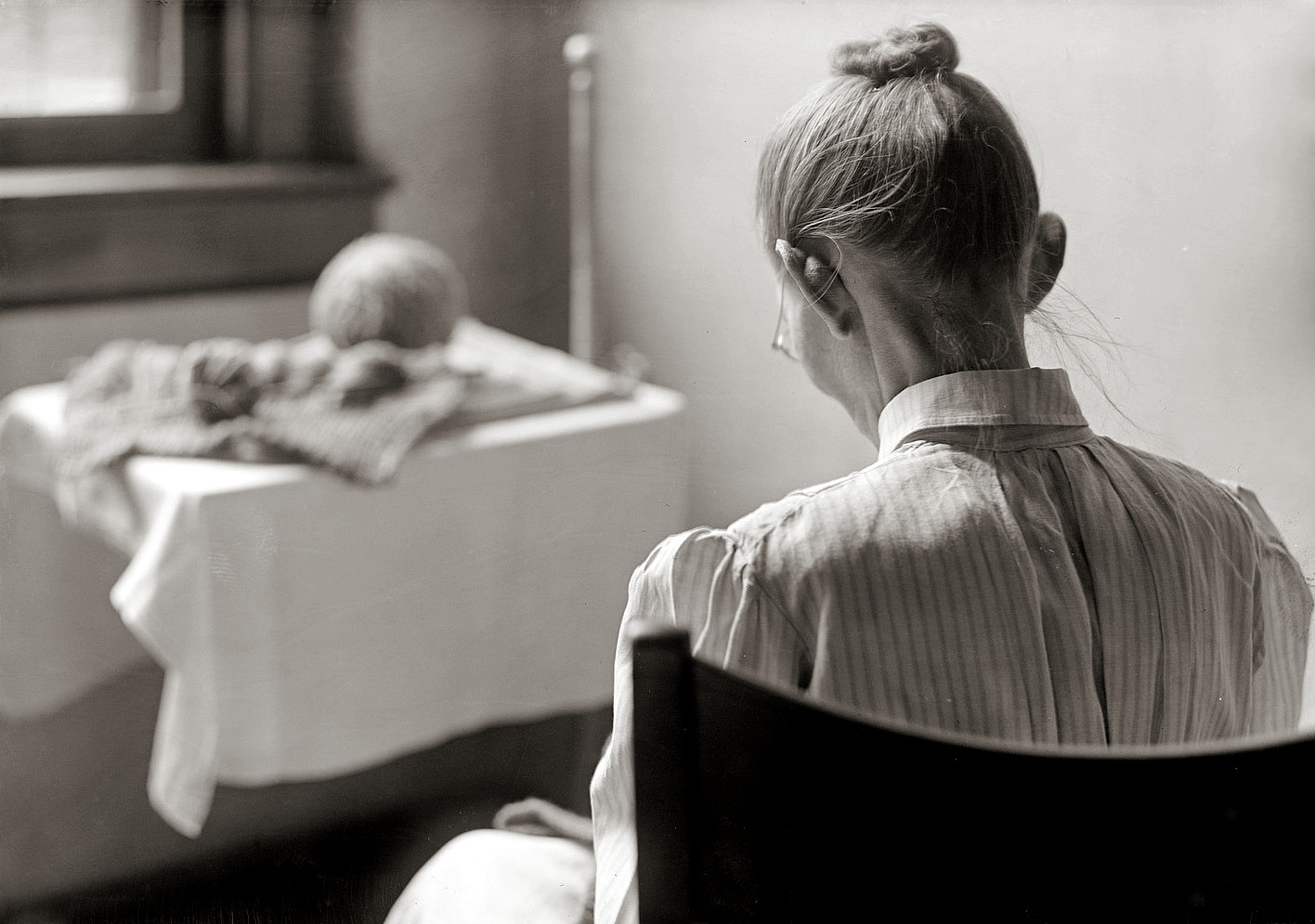Program to Explore Race and Mental Health in History and Literature
April 19, 2016

W.E.B. DuBois, the historian and civil rights activist, famously alluded to the “two souls, two thoughts, [and] unreconciled strivings” that African Americans may experience as people of African descent and as Americans.
“It is a peculiar sensation, this double-consciousness, this sense of always looking at one’s self through the eyes of others,” DuBois wrote.
In July, Virginia Tech’s College of Liberal Arts and Human Sciences will host a workshop exploring DuBois’s writings and other historic and literary portrayals of mental health among Africans and African Americans.
Funded by the National Endowment for the Humanities and intended for schoolteachers, the Summer Seminar on Race and Mental Health in History and Literature will take place July 10–30. The first and third weeks will be held on the Virginia Tech campus in Blacksburg, with the second week in Washington, D.C.
“So much of the way we talk about race in the United States is political and local – the struggle from slavery to freedom, Jim Crow laws, the Civil Rights Movement,” said Matthew Heaton, an associate professor of history at Virginia Tech who will direct the program. “If we look more broadly, though, we see the enormous role that racial issues have played on the individual psyche. This seminar is designed to help us understand historically and artistically the ways that our conceptions of race shape both our ideas about human psychology and the experience of self, not just in this country, but also globally.”
To examine questions of mental health as they relate to twentieth-century Africa, participants will explore Chinua Achebe’s Things Fall Apart and Joseph Conrad’s Heart of Darkness.
Literary explorations of the portrayal of mental health among African Americans will center on Dubois’s Souls of Black Folk and Richard Wright’s Native Son.
“I chose these books because they’re still taught in schools,” Heaton said. “Through deep reading and discussion, teachers who already teach these texts will be able to complement their current lessons. Others may be inspired to start teaching the texts.”
Participants will also have the opportunity to pursue research using primary sources of historical significance, other works of African and African American literature, and key works by important figures in the history of psychiatry and psychology. Many of these sources will be available through Virginia Tech libraries and various online databases.
During their week in Washington D.C., participants will meet with specialists at the National Library of Medicine, the Library of Congress, and the National Archives. As part of this trip, participants will tour St. Elizabeths Hospital, a mental health institution with a large African American patient population in the years following the Civil War.
“My hope is that participants will acquire a broader understanding of the historical contexts for important literary works commonly used in American classrooms,” Heaton said. “We also want to help them appreciate the complex interplay of political, social, cultural, and scientific factors that affect how the relationship between race and mental health has been understood over time and space.”
In addition to Heaton, seminar faculty will include King Davis, a professor emeritus in the School of Social Work at the University of Texas at Austin and a former commissioner of the Virginia Department of Mental Health; Uzoma Esonwanne, an associate professor of English and comparative literature at the University of Toronto; and Martin Summers, an associate professor of history at Boston College.
The National Endowment for the Humanities is a U.S. government agency that provides grants to support research, education, preservation, and public programs in the humanities.
Written by Paula Byron







